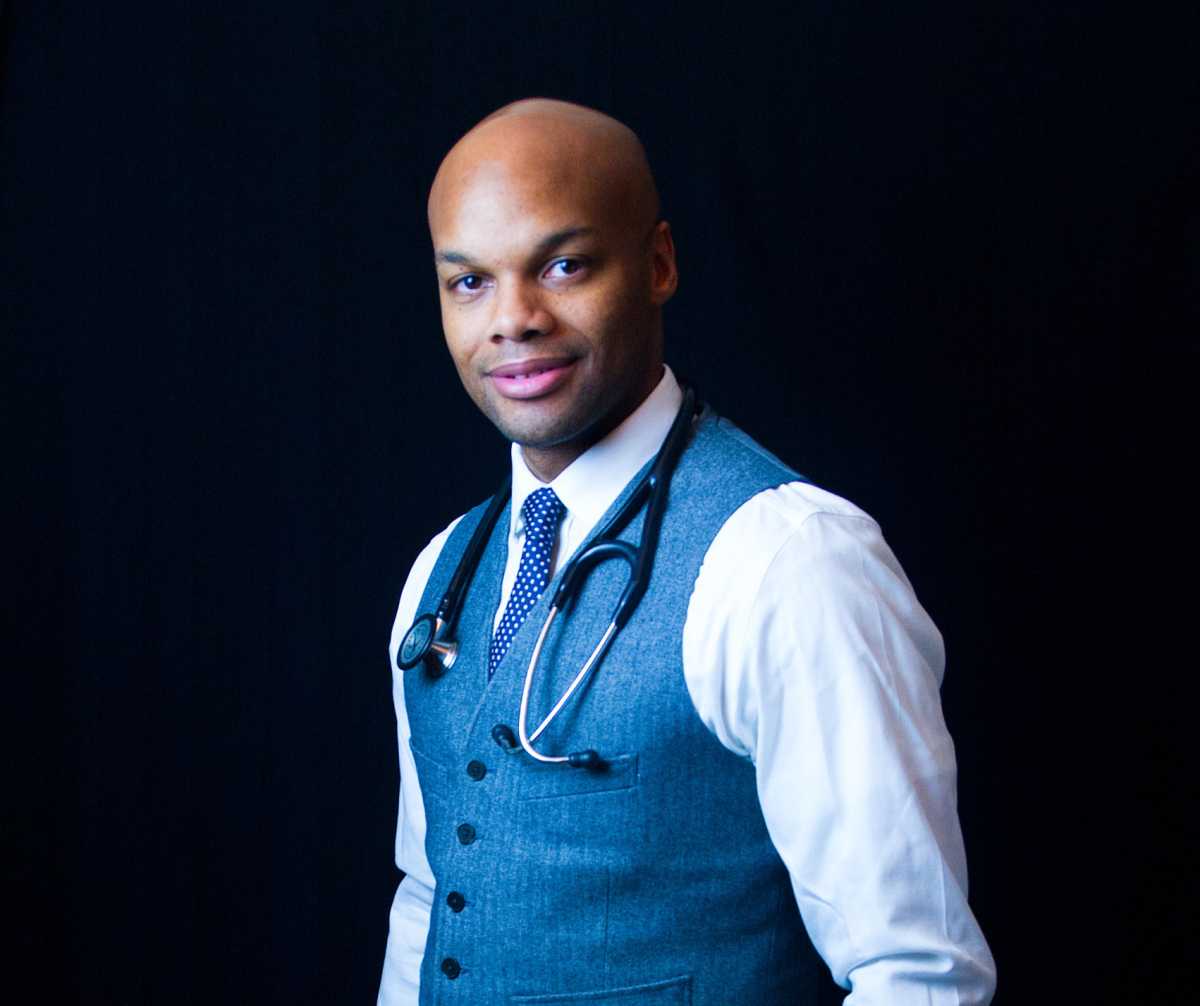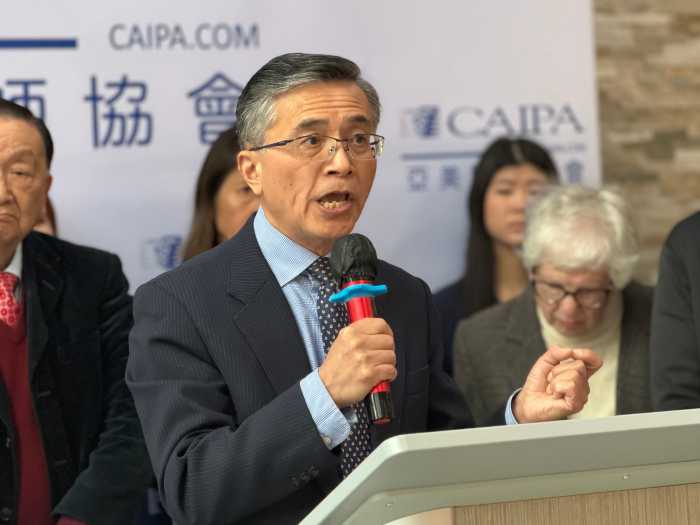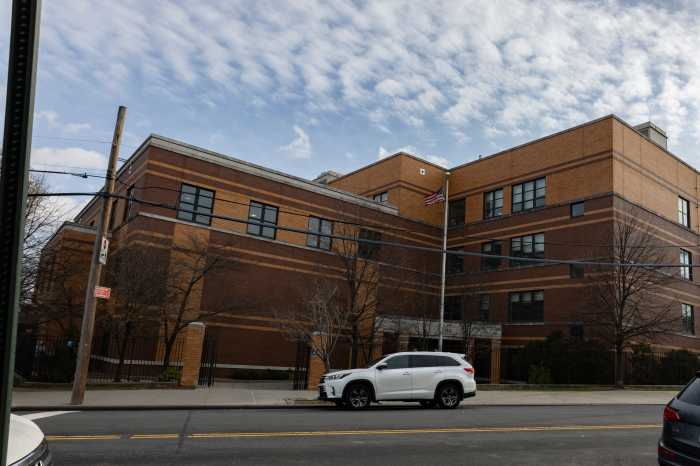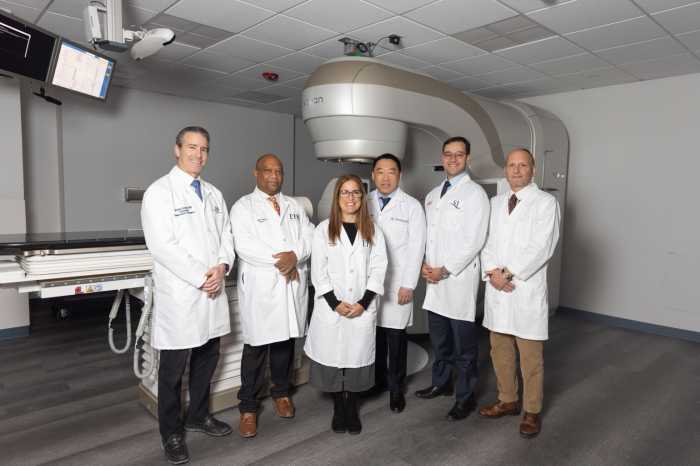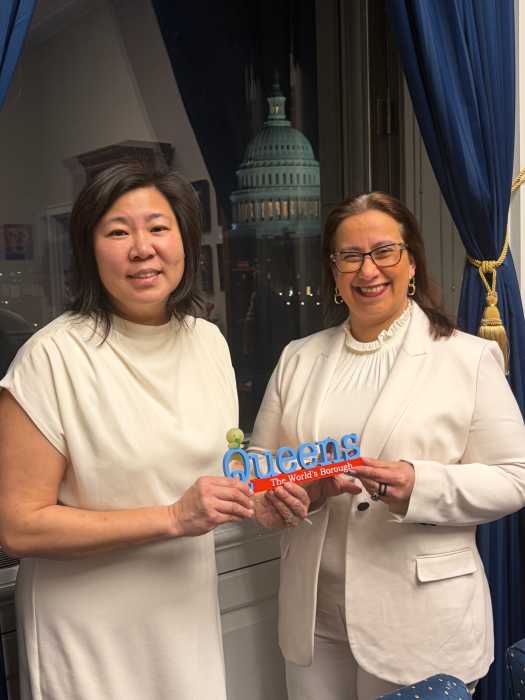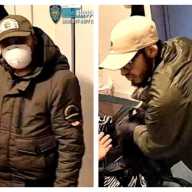Dr. Philippe Douyon, a Jamaica Estates resident and neurologist, was ready to die at the age of 28 when he was diagnosed with a kidney disorder. But after receiving his first kidney transplant from his father eight days after completing medical school, Douyon said he was super grateful for his father’s sacrifice.
“I had all types of feelings. I was in my 20s in college and medical school and you’re supposed to feel like you’re invincible,” Douyon said. “I went through moments where I was angry — I didn’t want anyone to donate a kidney to me. The idea of having someone’s organs to survive did not fit well with me, but my dad pushed to be my donor, so I went along with it.”
Initially, Douyon was misdiagnosed with prostatitis, which is swelling and inflammation of the prostate gland, a walnut-sized gland situated directly below the bladder in men. Later, he was told that the cause of his kidney disease was a streptococcal infection and therefore had post-streptococcal glomerular-nephritis, a rare kidney disease that can develop after group A strep infections.
A few years later, Douyon was diagnosed with membranoproliferative glomerular-nephritis (MPGN), a kidney disorder that involves inflammation and changes to kidney cells that may lead to kidney failure.
Now, at the age of 42, Douyon needs another kidney transplant. Although he already has a donor, that process has been delayed after surgeries were canceled during the pandemic, and when he contracted COVID-19 earlier this year despite being in quarantine, he said.
“I was hospitalized for two weeks and that worsened my kidney function,” Douyon said. “If you’re diagnosed with COVID you have to wait three months until you can get a transplant and I was very sick with the virus. I’m grateful I survived.”
According to Douyon, the virus took a toll on his body. He lost 25 pounds and had symptoms such as diarrhea, nausea and vomiting — all of which he thought were side effects from medications he was taking for his condition. While in the hospital, he also started developing respiratory symptoms, he said.
The delay for Douyon’s kidney transplant continues to cause further damage to his kidneys where he is now forced to go to dialysis three days a week at NewYork-Presbyterian Columbia University Irving Medical Center in Manhattan, while he waits to get cleared for the procedure which may not happen for a few more months.
Although Douyon was opposed to dialysis, which he says takes time away from his two kids, he is making the best of his situation. He has spent time working, reading and learning new skills.
“I have a catheter in my chest so that limits my physical activity and in a non-pandemic world it would limit my ability to travel,” said Douyon, while he was at the hospital for his dialysis treatment. “There are limits, but you can also make the best of it. The reality is, for all of us, our bodies can handle a lot but it’s really our minds that we need to control. So, whatever situations we find ourselves in, we just have to figure out a way to make it work.”
During quarantine, Douyon created an online course called Take Charge of Your Brain in 30 Days, with the goal of helping people become mentally and physically healthier — including himself while he awaits for a kidney transplant.
The course has over 70 pre-recorded video lessons that are broken up into four modules, according to Douyon. So far, he has received positive feedback from people who have benefited from the program.
“People are saying it’s so much more than being a person, and finally learning about the things you can do every day that can impact your overall health,” Douyon said. “People really enjoy focusing on developing a purpose for their life. I had someone with a neurological disorder who thought she would never get pregnant, and now she is pregnant and healthy.”
Through his work with LiveOnNY, a nonprofit organization committed to helping New York live on through organ and tissue donation, Douyon is encouraging people to become registered organ donors.
Ali McSherry, a spokesperson for LiveOnNY, said their team raises awareness on the beauty and power of organ donation.
“One organ donor can save up to eight lives and enhance many more through tissue donation,” McSherry said. “There are currently 10,000 people in New York waiting for a lifesaving transplant, and quick frankly, we do not have enough donors.”
According to McSherry, LiveOnNY works with hospitals, community officials, transplant centers and the media to spread the word that organ donation is important and saves lives, while also encouraging people to sign up as organ donors.
“We primarily go with a deceased donation, which is people who have died and become donors, but we also have a wonderful volunteer base that includes people like Philippe who have received an organ through living donors,” McSherry said. “Living donors can donate a kidney and a portion of their liver to help others live on.”
For Douyon, an organ donation has given him a chance to live his life, but to also find out what is his own mission and vision.
“If it weren’t for an organ donation, I would not have been able to influence the health and wellness of thousands and thousands of patients over the last 14 years,” Douyon said. “The people who donate their organs, I don’t think they realize how remarkable they are. It is so incredibly selfless — they’re giving someone the opportunity to live their life. They’re unsung heroes.”

